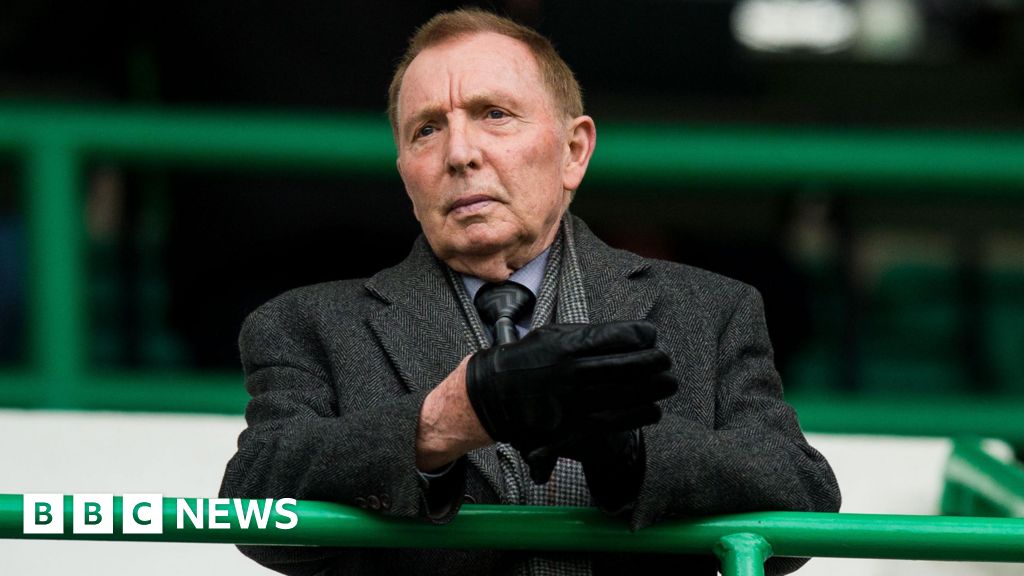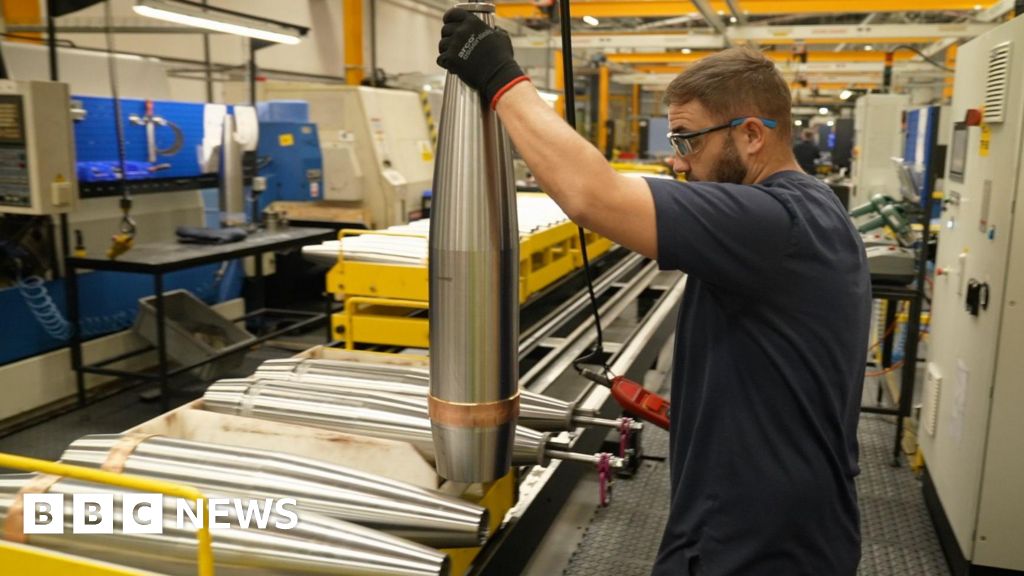ARTICLE AD BOX
By Emma Harrison
BBC News
Image source, Reuters
Image caption, Large queues and closed forecourts were reported across London on SaturdayFuel supply is still a "big problem" in south-east England, the Petrol Retailers Association says - and "if anything it [has] got worse".
But the PRA said Scotland, the north of England and parts of the Midlands had seen a "distinct improvement".
The military will begin delivering petrol across the UK from Monday.
Health Secretary Sajid Javid said the situation was "stabilising" and measures including the deployment of military drivers will help.
The UK has been grappling with a fuel crisis that has caused huge queues outside some petrol stations, and forced customers to drive to multiple sites in search of supplies.
While the government and retailers say there is enough fuel at UK refineries, a shortage of drivers has slowed the transport of fuel to some petrol forecourts, and demand has been high.
Almost 200 servicemen and women, 100 of them drivers, will provide "temporary" support to ease pressure on stations.
Large queues and closed forecourts have been reported across London on Saturday.
BBC Newsnight's policy editor Lewis Goodall tweeted that queues for petrol in one south London area were "even longer" on Saturday and were causing "considerable congestion".
A survey of 1,000 independent petrol stations by the Petrol Retailers Association, which represents two-thirds of the UK's petrol stations, showed 16% of sites were still dry on Saturday.
It also showed 68% of filling stations have both grades of fuel available, while 16% have one grade of fuel.
Chairman Brian Madderson said there were fewer dry sites in Scotland, the north of England and parts of the Midlands.
But he told BBC Radio 4's Today programme the situation had got worse in London and south-east England.
Mr Madderson said the military drivers will be a "large help" but a "prioritisation of deliveries to filling stations, particularly the independent ones, which are the neighbourhood sites" was needed "immediately".
He also warned drivers would see a rise in fuel prices next week, but because of "global factors" not because of profiteering.
Image source, Reuters
Image caption, Almost 200 servicemen and women will provide support to ease pressure on stationsMr Javid said there was "enough fuel in the country, there always has been" but it had been a challenge in terms of the number of drivers.
"I think the measures that have been taken over the last couple of weeks are certainly helping, it seems the situation is stabilising, it is not completely over yet," he told BBC Breakfast.
"The most reassuring message is that there is enough fuel in this country for everyone, if everyone just goes back to normal, in terms of just filling up to for what they actually need, then that will certainly help the situation."
Image source, Getty Images
Image caption, Some filling stations, including this one in Streatham, London, reported having no fuel on SaturdayMilitary personnel are currently training at haulier sites and will be on the road delivering fuel supplies across the country to "help fuel stocks further improve" from Monday, the government said.
Defence Secretary Ben Wallace said personnel would be seen working alongside drivers this weekend following training this week.
Ministers have also announced that up to 300 overseas fuel tanker drivers will be able to work in the UK immediately until the end of March.
In addition to this, temporary visas are also being offered to 4,700 food haulage drivers who are able to arrive from late October and leave by 28 February 2022.
Visas are being offered to a further 5,500 poultry workers who can come from late October and stay until 31 December.
Previously, the government said these temporary visas would last until Christmas Eve.
'Failures of the past'
On Friday Labour leader Sir Keir Starmer called on Prime Minister Boris Johnson to recall Parliament from party conference recess, saying "emergency action" was needed to speed up the visas.
But Mr Johnson accused the haulage industry of being too reliant on low-paid migrant workers.
He added that he would not allow the UK to repeat the "failures" of the past, by allowing mass immigration to create a "low-wage, low-skill economy" for British workers.
The haulage industry says the driver shortage already existed, but has been made worse by factors including the pandemic, Brexit, an ageing workforce, low wages and poor working conditions.
In addition to offering temporary visas, the government last week set out a number of other measures aimed at limiting disruption in the run-up to Christmas and beyond.
These include increasing HGV (heavy goods vehicle) testing capacity, sending nearly one million letters to drivers who hold an HGV licence, encouraging them back into the industry, and offering training courses for HGV drivers.
Meanwhile, Chancellor Rishi Sunak has warned there is global disruption to supply chains in other industries, which could continue until Christmas.
"These shortages are very real," Mr Sunak told the Daily Mail. "We're seeing real disruptions in supply chains in different sectors, not just here but around the world. We are determined to do what we can to try to mitigate as much of this as we can."
And the Financial Times reports that turkeys will be imported to the UK from France and Poland in the run-up to Christmas after farmers reared about one million fewer birds.
British Poultry Council chief executive Richard Griffiths told the paper that Brexit had cut off the industry's supply of cheap labour.

 3 years ago
111
3 years ago
111








 English (US) ·
English (US) ·